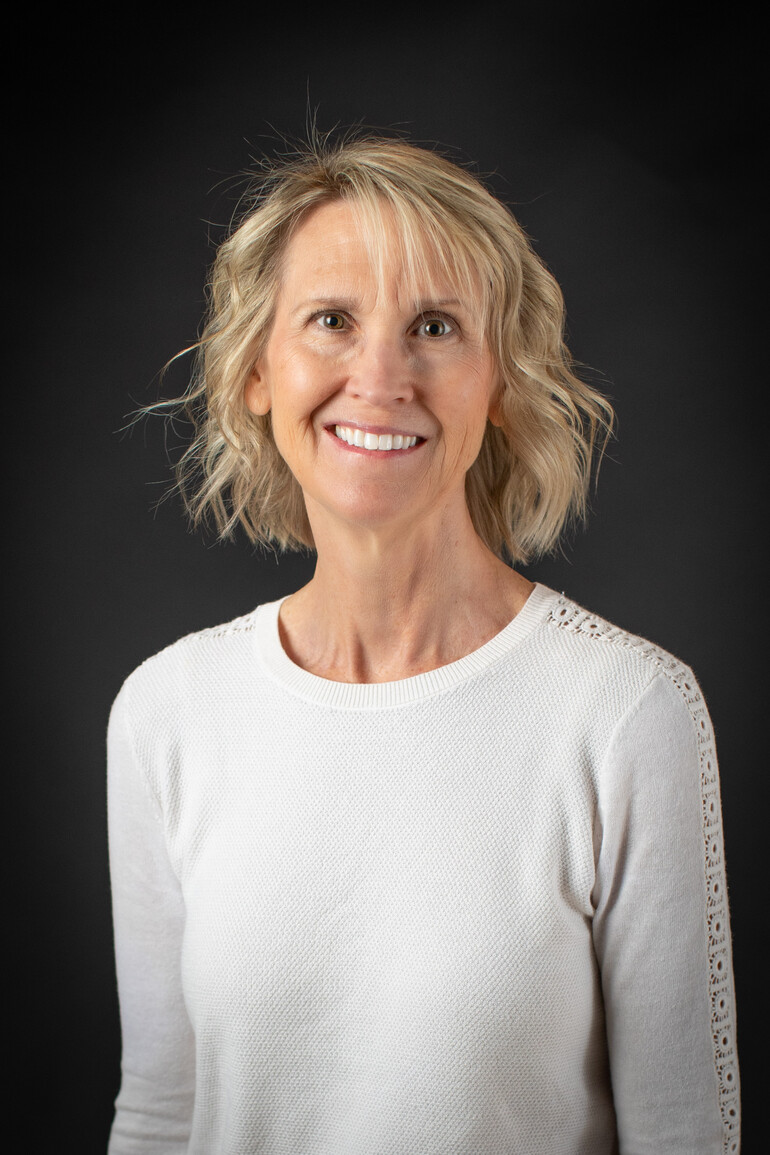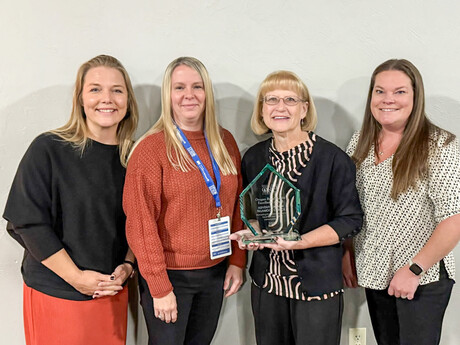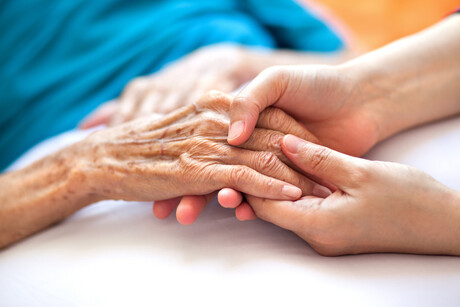“Later that night when we returned to the compound, we had our first of many orientations. You know, like at work. Where to look for land mines, which direction to run if tanks enter the city, etc.”
—From the Journal of Matthew Turney, M.D.
—From the Journal of Matthew Turney, M.D.
Matthew Turney, M.D.’s journal is filled with vivid descriptions of Afghanistan. It should be—he spent the entire month of May in Mazar-e Sharif. But learning about tanks and land mines wasn’t part of a military orientation or battle plan—it was about survival.
Turney, an emergency room physician at Tillamook County General Hospital, in Tillamook, Ore., traveled to the war-torn country with Northwest Medical Teams to provide medical relief to Northern Afghanistan and train Afghan doctors and nurses at Koude Barq Hospital in Mazar-e Sharif.
“The team hadn’t gone out this long before,” said Turney of the month-long expedition. “We had to walk more than two miles across the border at Termez in Uzbekistan, carrying backpacks and 140-pound suitcases filled with medical supplies.”
His description of the region is surreal: “Now that I’m in Mazar City (as they call it) I find myself back in the 14th century,” reads Turney’s journal. “The buildings are no more than three stories high. Most are made of clay, but also used are boxcars; some piled up three at a time. Everything is used, nothing is left for waste.”
Turney has been on several outreach trips, traveling to Mexico and Nicaragua to provide relief. He began mission work at a young age, often accompanying his father, also a physician, to Mexico. Although Turney’s first experiences involved bricks and mortar, the trips ultimately inspired him to pursue a medical career.
The father of two admits he was apprehensive about journeying to Afghanistan. “When I was approached about the trip, my first response was, ‘No way, I’m not going there.’”
Ironically, it was Turney’s wife, Linda, who convinced him to travel to the Middle East, reminding him of why each of us are put on this earth.
“My wife and I talked it over, and it came down to the simple fact that I’m not going to not help people, just because there is risk involved.”
Turney’s month in Afghanistan was certainly not without risk. The volatile nature of the region became more and more apparent, the longer he was there. The realization that he was not really protected began to nag at him, and at times he even feared for his life.
Although these thoughts were prevalent, they retreated to the back of his mind when he was reaching out to the Afghan people. On an average day, he would see 40 patients—many with ailments he would never encounter in America. Malnutrition, goiters, and dysentery were common.
As he traveled from village to village, Turney discovered a country of extreme want. Afghans earn only approximately $15 per month. Their sewage system doubles as their drinking water. And wood is in such short supply, boiling water to remove bacteria would mean not having money for food. Due to the harsh lifestyle and constant fear, Turney describes Afghans as “wearing old people’s bodies,” appearing years older than they actually are.
“There is a sense of fear that these people live with daily,” says Turney. “Even though the Taliban is gone, the fear is still very real. Most women still wear burqas, and men roam the streets with guns.”
It is an understandable fear, and one that Turney became intimately acquainted with during his stay. “The entire experience really solidified the power of prayer for me—it was a comfort knowing that people all over the nation were aware of my trip and praying for my safety,” he says. “It also gave me a greater appreciation of God—His ability to move everywhere. It was a life-changing experience, as far as my love and appreciation for God and for my country.”
It was his trust in God that enabled the American doctor to put self aside, cross an ocean, and touch hundreds of lives during the trip of a lifetime. •

Velvet Lang, youth and young adult assistant director








